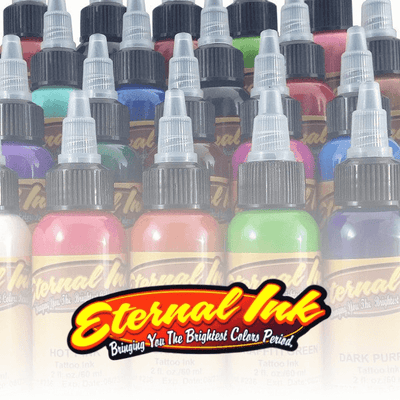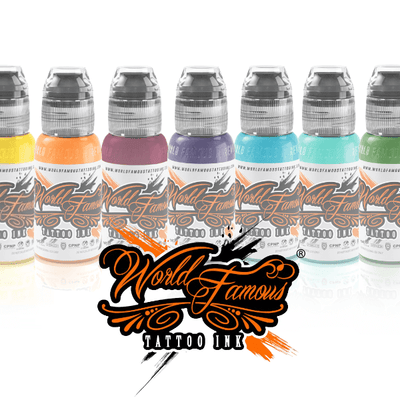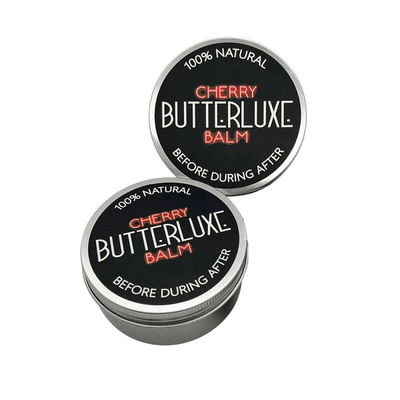Are you a passionate tattoo artist looking to make a positive impact on the environment while practising your art? As a conscious artist, you may have encountered the challenge of reconciling your love for tattooing with the environmental concerns surrounding the industry. Traditional tattooing often involves a significant amount of waste and carbon footprint. If you've ever felt the pain of wanting to create beautiful art while minimising your ecological impact, then sustainable tattooing and eco-friendly practices might be the solution you've been searching for.
In this guide, we'll explore how you can combine your artistic talents with environmentally conscious choices to address this pressing issue within the tattooing community.
What is eco-friendly tattooing?
Eco-friendly tattooing refers to tattooing that is conscious of its environmental impact and actively seeks to minimise it. This approach involves using sustainable materials, reducing waste, and adopting environmentally responsible practices throughout the tattooing process.
Eco-friendly tattoo practices
Use biodegradable and vegan inks
Traditionally, tattoo inks have contained animal byproducts and various chemicals, but a shift towards biodegradable and vegan inks is gaining momentum. These inks avoid using animal derivatives and harmful substances, ensuring a more eco-friendly tattooing process.

Utilise eco-conscious equipment
The tattoo industry is notorious for using single-use plastics in gloves, barrier films, and ink caps. To combat this, artists are turning to alternatives such as bioplastics, which are biodegradable and made from renewable resources. Additionally, reusable stainless steel ink caps and autoclavable equipment are becoming more popular, reducing the reliance on disposable products.
Make your studio energy efficient
Energy consumption is a big aspect of a tattoo studio's environmental footprint. Many studios now invest in energy-efficient lighting, heating, and cooling systems. Some tattoo artists even use renewable energy sources like solar panels to supply their operations.
Practise recycling and waste reduction programs
Effective waste management is crucial in minimising the environmental impact of tattooing. Studios are implementing recycling programs to handle items like paper, plastic, and metal. Moreover, by using digital consent forms and portfolios, they reduce paper waste significantly.

Use green cleaning products
Hygiene and cleanliness are paramount in tattoo studios. However, traditional tattoo cleaning products often contain harsh chemicals. Eco-friendly studios are adopting green cleaning products that are less harmful to the environment but still effective in maintaining a sterile workspace.
Source ethical and sustainable supplies
Conscious artists are choosing suppliers who prioritise sustainability in their production processes. This includes sourcing materials like needles and tubes from companies that adhere to ethical manufacturing practices and have a reduced carbon footprint.
Community and environmental engagement
Beyond in-studio practices, many tattoo artists are engaging in community and environmental initiatives. This includes participating in beach clean-ups, fundraising for environmental causes, and educating clients about sustainable practices.
Buy sustainable aftercare products
Post-tattoo care is essential for the healing process. Artists are now recommending or producing their own lines of sustainable aftercare products, which are cruelty-free, organic, and packaged in recyclable or biodegradable materials.
Conclusion
The movement towards sustainable tattooing reflects a broader shift in societal values towards environmental responsibility. By adopting these eco-friendly practices, tattoo artists and studios are not only reducing their ecological footprint but also leading the way in promoting a more sustainable future for the art form.
As tattoo consumers become more environmentally conscious, the demand for sustainable tattooing will likely continue to grow, fostering a new era of responsible and ethical artistry.




























































 Studio supplies
Studio supplies












 Power & batteries
Power & batteries







 Aftercare
Aftercare



















 Apprentice
Apprentice


 Piercing & jewellery
Piercing & jewellery







 PMU supplies
PMU supplies



 New arrivals
New arrivals
 Gift vouchers
Gift vouchers
 Shop all
Shop all












































